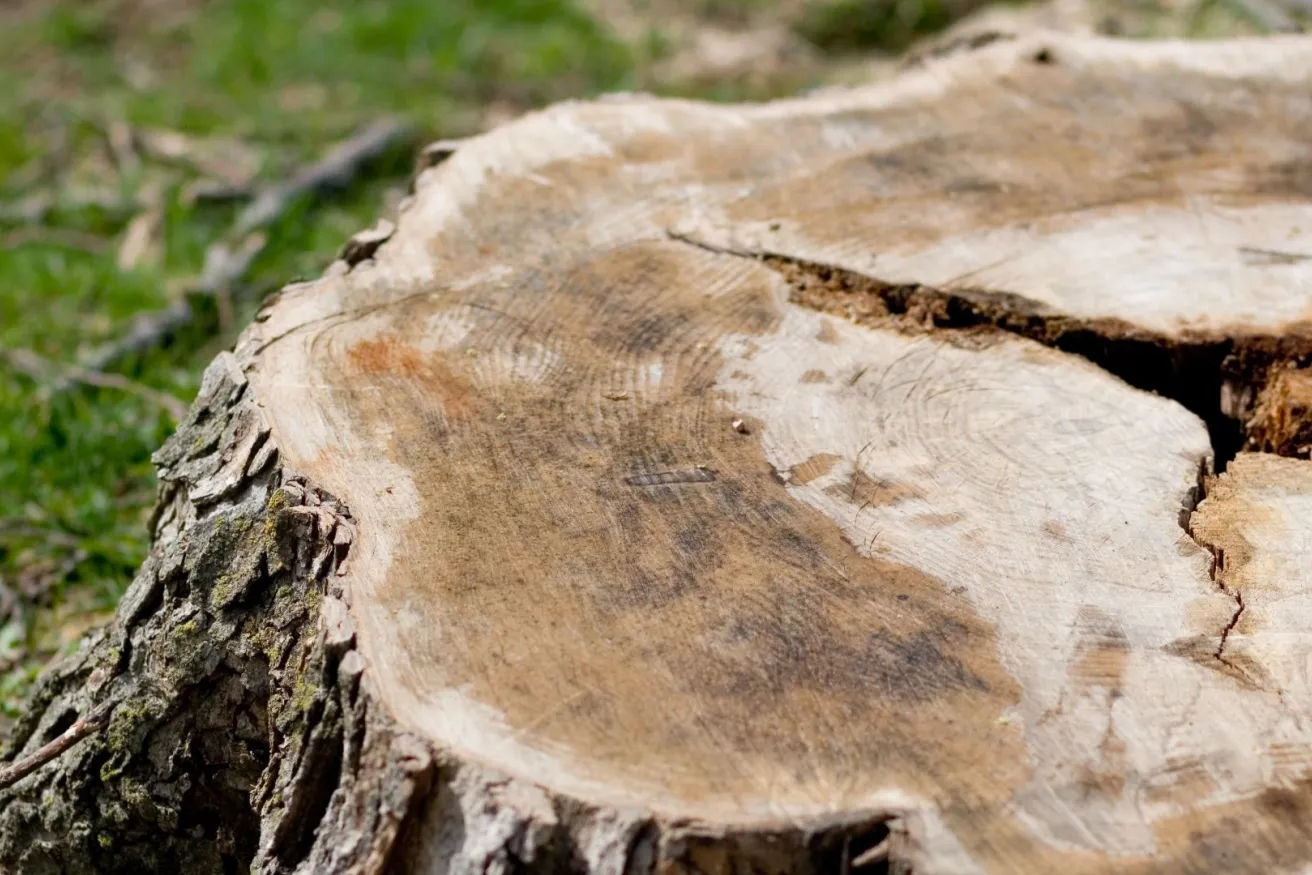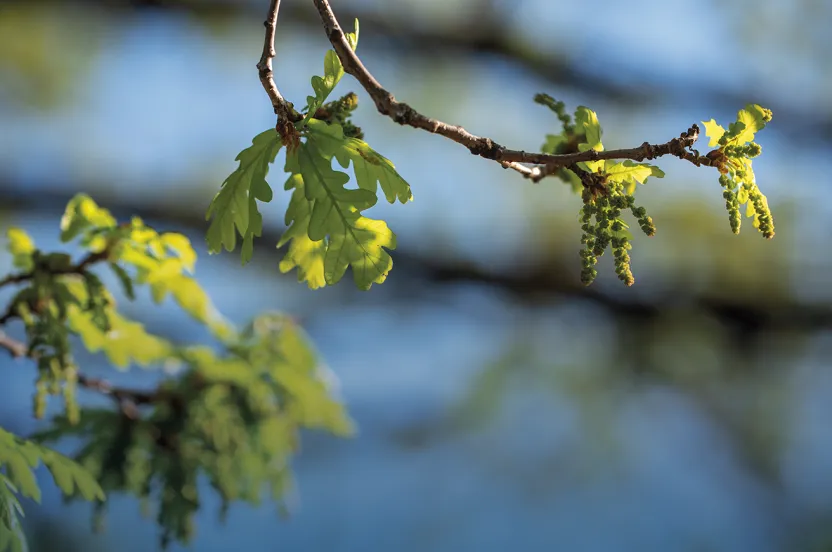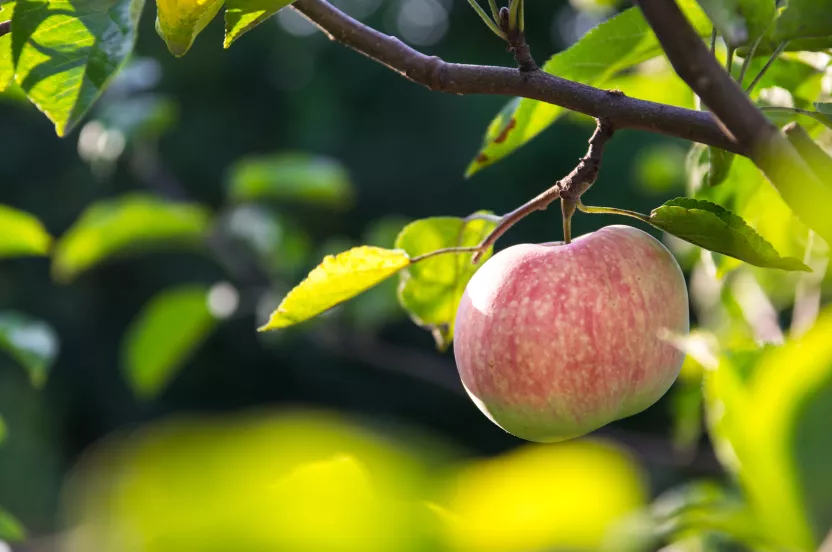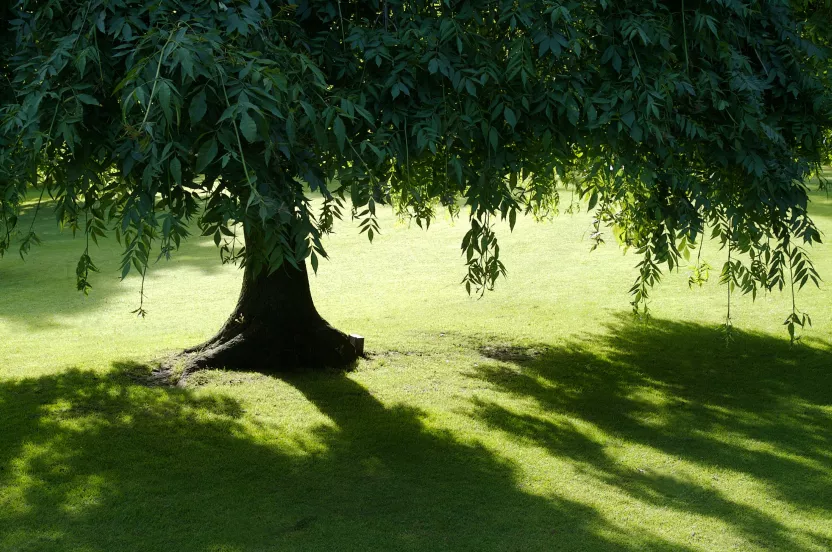Give before midnight on July 31 to double your impact where trees need us most. CHOOSE A PROJECT
Originally published by Jon Behm on Budget Dumpster. Read the complete article here.
Most people have fond memories of a tree. Maybe you climbed one a lot as a kid, or perhaps your treehouse was the old neighborhood hangout. But once that tree dies, it becomes a big safety risk for not only your property, but also your neighbor’s.
Are there telltale signs that your tree is dying? What do you need to know? And what should you do if your tree is dead?
Is My Tree Dead?
The simple answer is maybe. It may look like it’s dead, but it could also be dormant. Or maybe only a section of the tree is dead, with just a few branches affected.
Is there fungus growing near the base of the tree?
Make sure you know what you are looking for. Moss is not an issue — in plenty of cases it is natural. Lichen, which Andersen says is a moss combined with fungi, is an indication that a tree is growing slowly, but not a sign that the tree is dead.
Are the roots showing along the ground?
When trees start growing along the surface of the soil rather than into the ground, it can be a sign that the tree is having trouble managing the land. While the tree may not be immediately in danger, a shallow root system will make it more susceptible to harm due to weather, animals and humans — and that harm could lead to the tree needing removal.
Is there green underneath the bark?
Sometimes a tree may look like it’s dying, but it could actually be preparing itself for extreme weather. How can you tell if your tree is dead or dormant? The scratch test is usually the easiest way.
Is the tree showing signs of stress?
Stressed trees will often grow shoots, which are small branches near the base of the trunk. Their presence can indicate something is wrong with the tree.
When to Cut Down a Dead Tree
Just because a tree is dying doesn’t mean it needs to be removed right away. A dying tree could take years to fully pass, and can remain sturdy even when sick or damaged. Continue reading.




